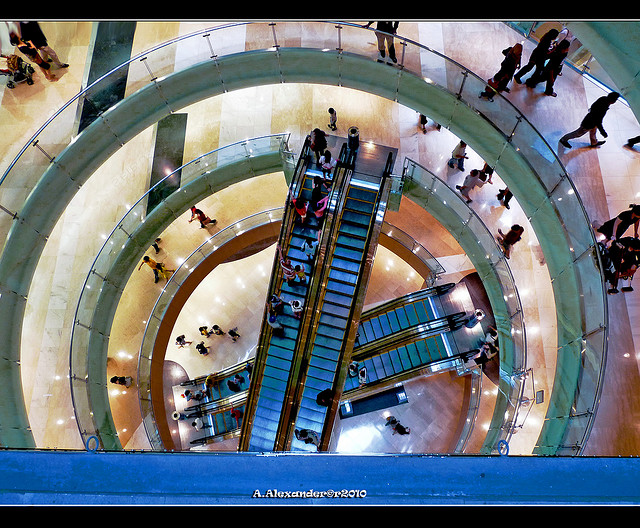The wider degrowth-community is asked to participate in a short survey on sustainable mobility which should not take more than 10-15 minutes: The results will be used as a part of Justin Hyatt´s academic work at the Institute for Housing and Urban Development Studies (IHS), Erasmus University, Rotterdam (Netherlands). It is also intended to publish and widely disseminate a separate report.
Please also help by forwarding this survey in your network! The more answers are received - also from different parts of the world - the stronger and more powerful the final results will be.

Technological pipe dreams and the fixation on perpetual growth have prevented effective climate policies for decades "Happiness does not pay pensions", said the Austrian chancellor Sebastian Kurz at the recent World Economic Forum in Davos. The statement aimed to criticize the idea of a “post-growth” or “degrowth” society, which has received increasing attention in light of the climate crisis....
This article is part of a series on degrowth.info discussing strategy in the degrowth movement. The introduction to the series and an ongoing list of contributions can be found here. In a previous piece in this blog series, Joe Herbert and colleagues pointed out the “how to move towards a degrowth society” gap in degrowth discourse. As I have also come across this “how to get there” question...

By Bernard Herry Priyono Grand Indonesia is a gigantic shopping mall at the heart of Jakarta, the capital of Indonesia. Across its gate is Plaza Indonesia, another luxury shopping destination for the country’s elite and middle classes. The malls’ isles are always lined with sleek Italian sports cars, German premium BMW and Mercedes-Benz or grand British-made Bentleys. Thirty-five years ago the...